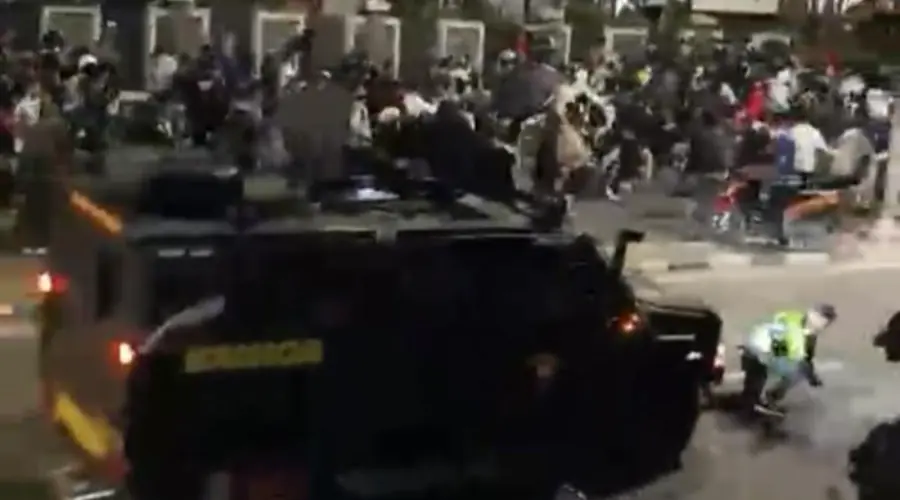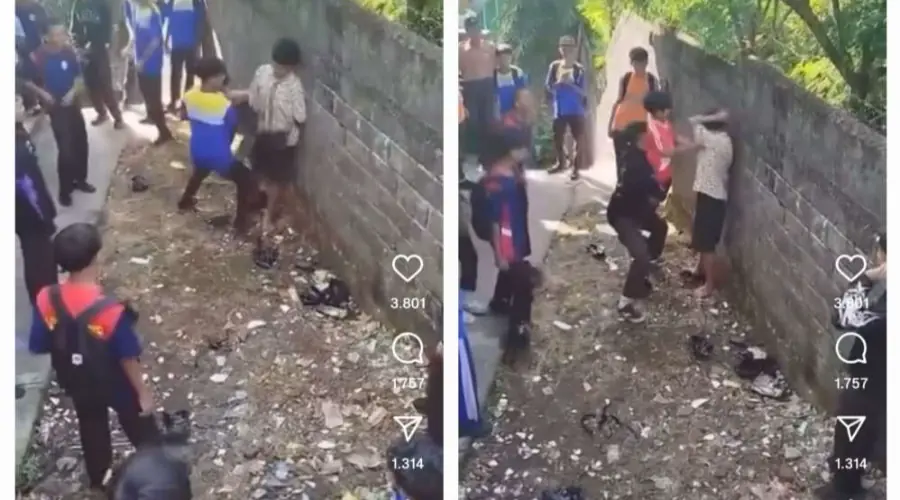
- 06 Aug
- 2022
Ilustrasi gambar (I-Stockphoto)
About Netizens Who Get Digital Attacks, This Said a Lecturer at UM Surabaya
The issue of the #BlokirKominfo hashtag became a trending topic on social media Twitter after the Ministry of Communication and Information (Kominfo) blocked a number of platforms and websites that were not registered with PSE.
This provoked netizens to respond and criticize the policies taken by Kominfo using the hashtag #BlokirKominfo.
The users of the hashtag #BlokirKominfo have received digital attacks from unknown parties via the WhatsApp short message application, as uploaded on the Twitter account @secgron. At least 10 people were recorded as getting cyber attacks, ranging from content creators, software engineers to standup comedians.
The busyness of the case attracted the attention of Radius Setiyawan, a lecturer at the University of Muhammadiyah Surabaya (UM Surabaya) to provide a response.
"Digital attacks received by many parties because the hashtag #Blokirkominfo explains that movements in the cyber world or digital activism are not something we can underestimate," explained Radius Saturday (6/8/22)
According to Radius who is also an Alumnus of Media and Culture Studies, hashtags are not something that has no power. In many cases hashtags are able to move. Hastags are capable of functioning as an organized intervention tool.
"When it becomes trending, it does not rule out the possibility of attracting public attention and the effect is real movement," he said.
He also explained, in the case that occurred a few days. Terror to some people confirmed that the digital medium was not as free as imagined. Society is vulnerable to repression in the digital world. In many cases it can be co-opted by anti-democratic groups both from within and outside the country to become an effective tool of terror.
“The aim is clear, to silence those deemed dangerous. This condition is clearly dangerous for democracy, “concluded the cyberculture teacher.










(0) Comments